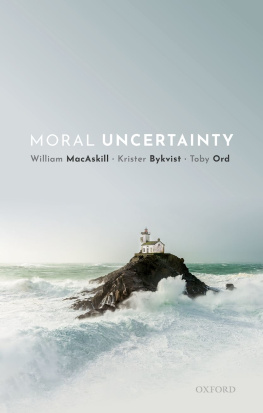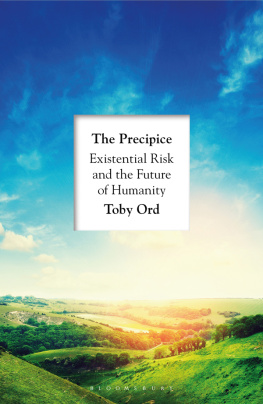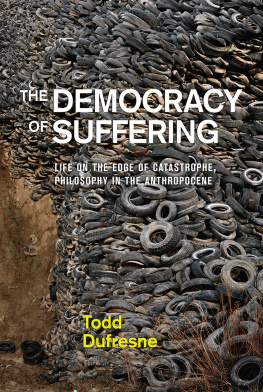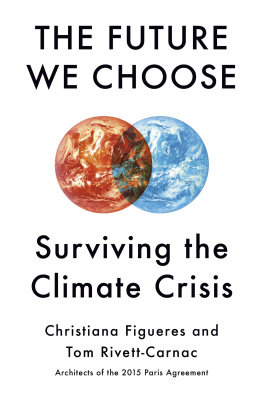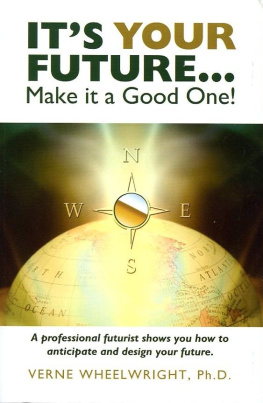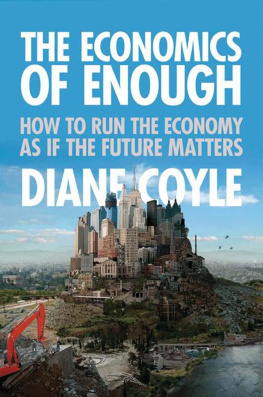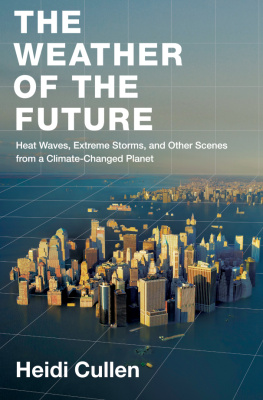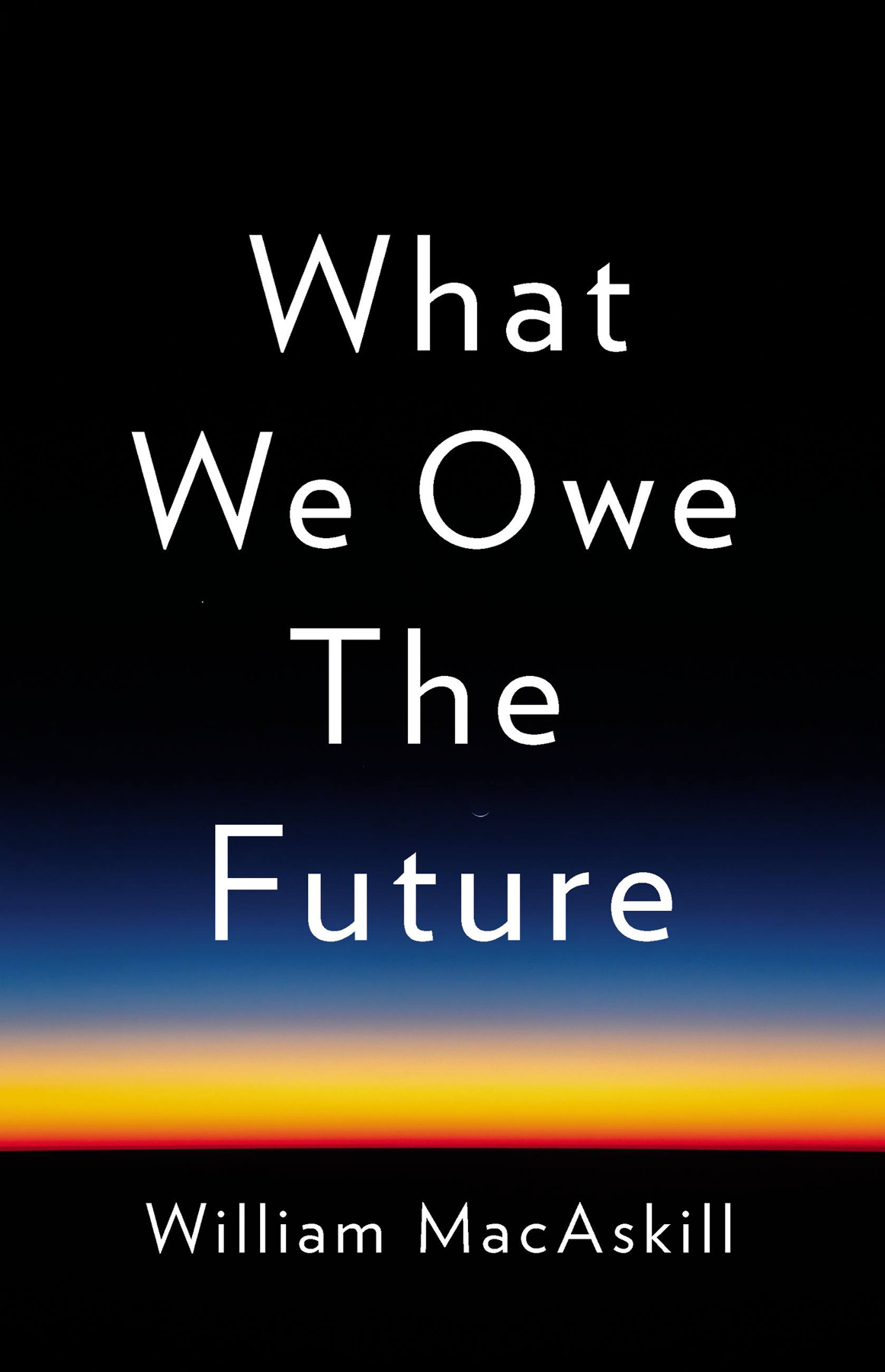Doing Good Better
Copyright 2022 by William MacAskill
Cover design by Ann Kirchner
Cover image Mosuno / Stocksy
Cover copyright 2022 by Hachette Book Group, Inc.
Hachette Book Group supports the right to free expression and the value of copyright. The purpose of copyright is to encourage writers and artists to produce the creative works that enrich our culture.
The scanning, uploading, and distribution of this book without permission is a theft of the authors intellectual property. If you would like permission to use material from the book (other than for review purposes), please contact permissions@hbgusa.com. Thank you for your support of the authors rights.
Basic Books
Hachette Book Group
1290 Avenue of the Americas, New York, NY 10104
www.basicbooks.com
First Edition: August 2022
Published by Basic Books, an imprint of Perseus Books, LLC, a subsidiary of Hachette Book Group, Inc. The Basic Books name and logo is a trademark of the Hachette Book Group.
The Hachette Speakers Bureau provides a wide range of authors for speaking events. To find out more, go to www.hachettespeakersbureau.com or call (866) 376-6591.
The publisher is not responsible for websites (or their content) that are not owned by the publisher.
Library of Congress Cataloging-in-Publication Data
Names: MacAskill, William, 1987 author.
Title: What we owe the future / William MacAskill.
Description: First edition. | New York, NY : Hachette Book Group, Inc, 2022. | Includes bibliographical references and index. |
Identifiers: LCCN 2022000444 | ISBN 9781541618626 (hardcover) | ISBN 9781541618633 (ebook)
Subjects: LCSH: Altruism. | Civilization, ModernForecasting. | Future, The. | Human beingsForecasting. | Human beingsExtinction.
Classification: LCC BJ1474 .M33 2022 | DDC 171/.8dc23/eng/20220506
LC record available at https://lccn.loc.gov/2022000444
ISBNs: 9781541618626 (hardcover), 9781541618633 (ebook)
E3-20220613-JV-NF-ORI
For my parents, Mair and Robin, and their parents, Ena and Tom and Daphne and Frank, and
Imagine living, in order of birth, through the life of every human being who has ever lived. you become the youngest person alive today. Your life consists of all of these lifetimes, lived consecutively.
Your experience of history is very different from what is depicted in most textbooks. Famous figures like Cleopatra or Napoleon account for a tiny fraction of your experience. The substance of your life is instead composed of ordinary lives, filled with everyday realitieseating, working, and socialising; laughing, worrying, and praying.
Your life lasts for almost four trillion years in total. For a tenth of that time, youre a hunter-gatherer, and for 60 percent youre an agriculturalist.
You experience cruelty and kindness from both sides. As a colonizer, you invade new lands; as the colonized, you suffer your lands taken from you. You feel the rage of the abuser and the pain of the abused. For about 10 percent of your life you are a slaveholder; for about the same length of time, you are enslaved.
Thats your life so farfrom the birth of Homo sapiens until the present. But now imagine that you live all future lives, too. Your life, we hope, would be just beginning. Even if humanity lasts only as long as the typical mammalian species (one million years), and even if the world population falls to a tenth of its current size, 99.5 percent of your life would still be ahead of you. The future is big.
If you knew you were going to live all these future lives, what would you hope we do in the present? How much carbon dioxide would you want us to emit into the atmosphere? How much would you want us to invest in research and education? How careful would you want us to be with new technologies that could destroy or permanently derail your future? How much attention would you want us to give to the impact of todays actions on the long term?
I present this thought experiment because morality, in central part, is about putting ourselves in others shoes and treating their interests as we do our own. When we do this at the full scale of human history, the futurewhere almost everyone lives and where almost all potential for joy and misery liescomes to the fore.
This book is about longtermism : the idea that positively influencing the longterm future is a key moral priority of our time. are in shaping it. If humanity survives to even a fraction of its potential life span, then, strange as it may seem, we are the ancients: we live at the very beginning of history, in the most distant past. What we do now will affect untold numbers of future people. We need to act wisely.
It took me a long time to come around to longtermism. Its hard for an abstract ideal, focused on generations of people whom we will never meet, to motivate us as more salient problems do. In high school, I worked for organisations that took care of the elderly and disabled. As an undergraduate who was concerned about global poverty, I volunteered at a childrens polio rehabilitation centre in Ethiopia. When starting graduate work, I tried to figure out how people could help one another more effectively. I committed to donating at least 10 percent of my income to charity, and I cofounded an organization, Giving What We Can, to encourage others to do the same.
These activities had a tangible impact. By contrast, the thought of trying to improve the lives of unknown future people initially left me cold. When a colleague presented me with arguments for taking the long term seriously, my immediate reaction was glib dismissal. There are real problems in the world facing real people, I thought, problems like extreme poverty, lack of education, and death from easily preventable diseases. Thats where we should focus. Sci-fi-seeming speculations about what might or might not impact the future seemed like a distraction.
But the arguments for longtermism exerted a persistent force on my mind. These arguments were based on simple ideas: that, impartially considered, future people should count for no less, morally, than the present generation; that there may be a huge number of future people; that life, for them, could be extraordinarily good or inordinately bad; and that we really can make a difference to the world they inhabit.
The most important sticking point for me was practical: Even if we should care about the longterm future, what can we do? But as I learned more about the potentially history-shaping events that could occur in the near future, I took more seriously the idea that we might soon be approaching a critical juncture in the human story. Technological development is creating new threats and opportunities for humanity, putting the lives of future generations on the line.
I now believe the worlds long-run fate depends in part on the choices we make in our lifetimes. The future could be wonderful: we could create a flourishing and long-lasting society, where everyones lives are better than the very best lives today. Or the future could be terrible, falling to authoritarians who use surveillance and AI to lock in their ideology for all time, or even to AI systems that seek to gain power rather than promote a thriving society. Or there could be no future at all: we could kill ourselves off with biological weapons or wage an all-out nuclear war that causes civilisation to collapse and never recover.


